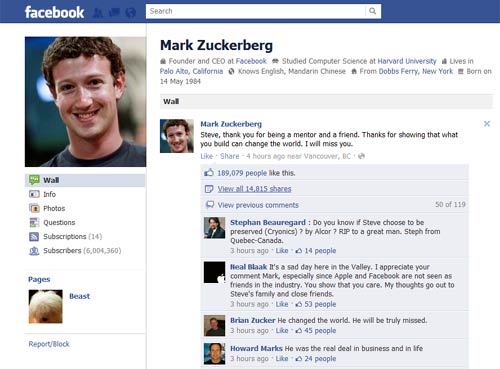It is our great privilege to introduce Victor Udoewa as our guest blogger today. Victor who is a great mentor and works as a Science & Technology Policy Advisor in the States writes for Urbane on how to find a great mentor – his insight is eye opening!
Most of the time I hear people talk about mentoring as if it is only about finding the right person who can give you pearls of wisdom. The problem is great mentors are hard to find, not because they are invisible, but because they are too visible. In other words, great mentors tend to be highly impacting people: their work is visible, their impact is visible. Many eyes are drawn to them, many people want to be like them. Because of this, they receive many requests for mentoring. Since they are already busy people, they can only mentor a certain number of people. So there is competition due to limited resources. In short, excellent mentors are hard to find.
As a mentor, myself, I know you can view the situation from a different lens. Instead of trying to find the right mentor, ask yourself “Am I attracting the right mentor?” I can tell you from first hand experience, excellent mentors (and some poor ones) will often reach out to people in whom they see promise and initiative and potential. These mentors are not asked or solicited; they voluntarily contact people whose potential attracts mentors and these mentors offer to mentor, start relationships, and help guide. You want to be the type of person who attracts a mentor, rather than competing for a mentor.
That means you need to have a vision. You need to feel a call to do something, serve someone, improve life for others, or some type of call that agitates and burdens you and keeps you awake at night. Many people feel it but they stop there. Secondly, you need to take initiative. You need to try to create something, build something, change something for the better, innovate something, improve something. It’s ok if you fail, but you need to be experimenting and exploring. Lastly, you need to reflecting on how it went and learning from your mistakes in order to improve your product or service for the next experiment. When you are doing those things, mentors have something in you they can mold and guide. It’s very difficult for a mentor to mentor you when you don’t have any aims or directions or vocation. If you simply want more money, you don’t necessarily need a mentor (though a mentor can help). Again, what are you doing that naturally attracts mentors who admire your work ethic, initiative, drive, perseverance, vision, results, learnings, etc.? What are you doing?
Lastly remember, if the only reason you want a mentor is for pearls of wisdom, there are less time-intensive ways to learn pearls of wisdom rather than mentoring. Mentoring is a relationship that can offer deeper benefits.
- Feedback – This has nothing to do with your analytical skills. It has everything to do with an objective, outside voice. You need someone who is not involved in your project to give their opinion. This can be through listening, mirroring, reflecting, advising, counseling, troubleshooting, analysis, evaluation, etc.
- Network – Sometimes mentors connect you to a broader community of people who can help you with various parts of your life or work. The best mentors know their limits and readily introduce you to others who can help in particular area.
- Learnings – This is deeper than a pearl of wisdom. This can be directly communicating things learned, but usually much deeper. Deeper versions can be in the form of shadowing period where a mentee can follow a mentor around and learn about things that are not articulated or even when a mentor introduces a mentee to team members so that the mentee learns not just individual learnings but team or organisational learnings from those around the mentor.
I could say a lot more about mentoring. But let me say in my last company both of my mentors approached me. As for me, I mentored many people; some approached me and some I approached. And in those situations, I was able to take part in the development of my mentees as they moved into roles that aligned with their passions and vocation. I wrote references and letters of support, and I have been told by hiring managers that it was my referral, reference, or letter that made the candidate the first choice of the hiring team. That was all because we had a mentoring relationship that was vulnerable, goal-oriented, and honest.
 Victor Udoewa Victor UdoewaDesign Innovation & Education Specialist Science & Technology Policy Advisor |




 Andrea S. Tang
Andrea S. Tang